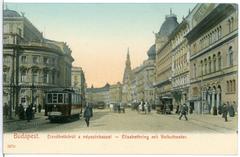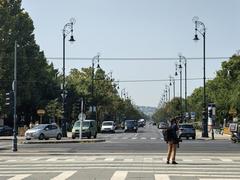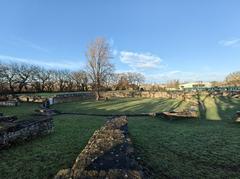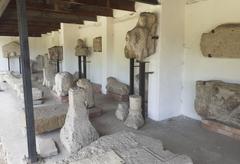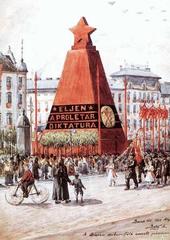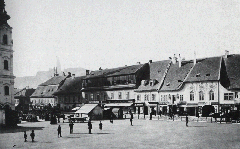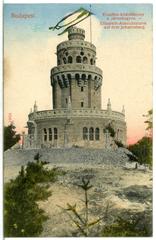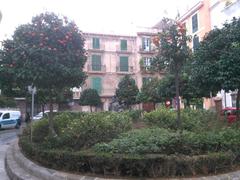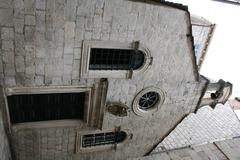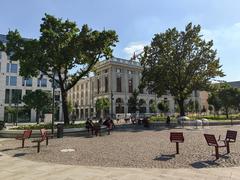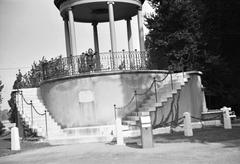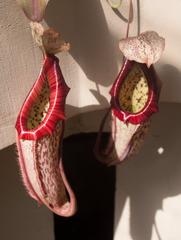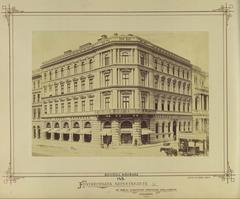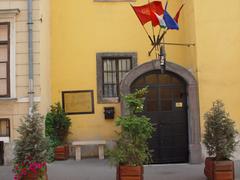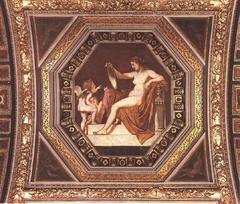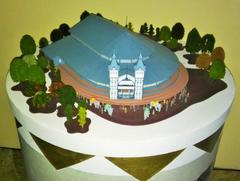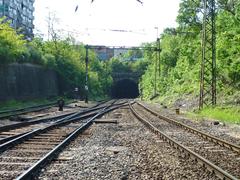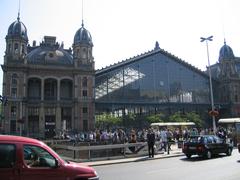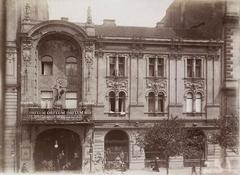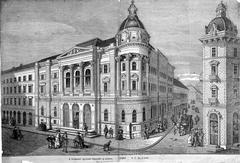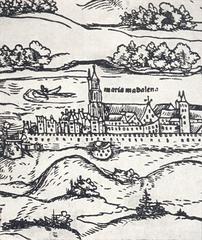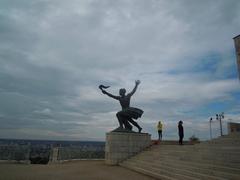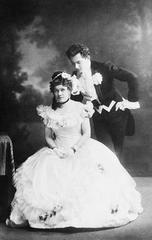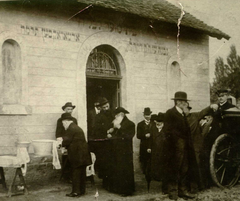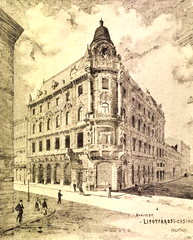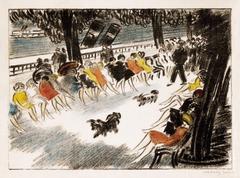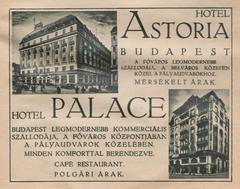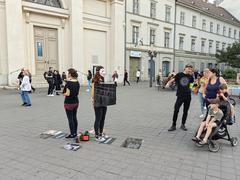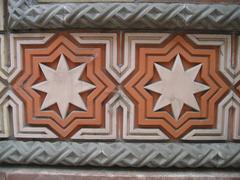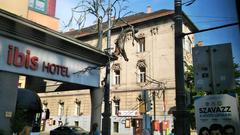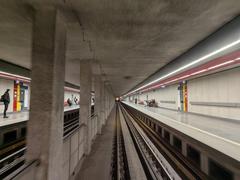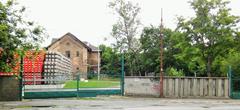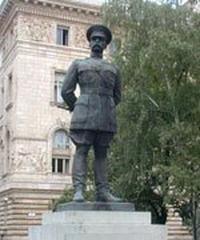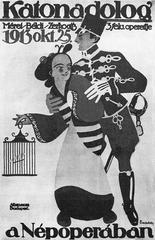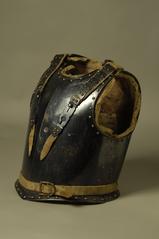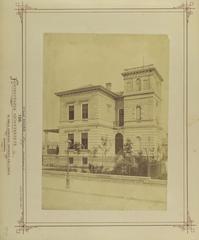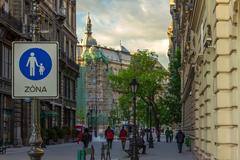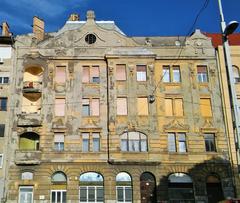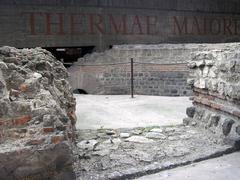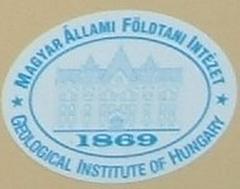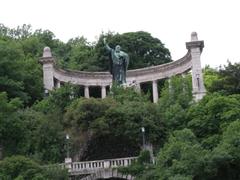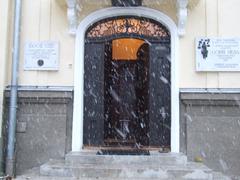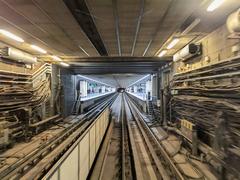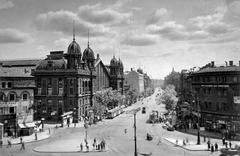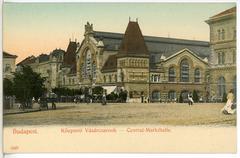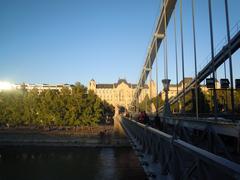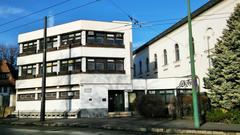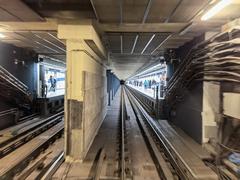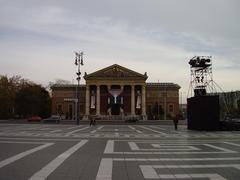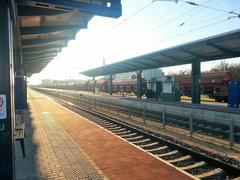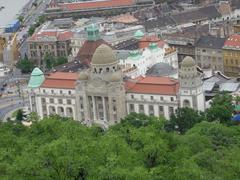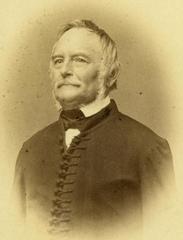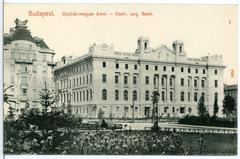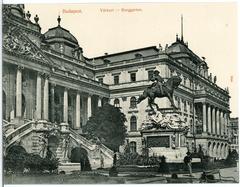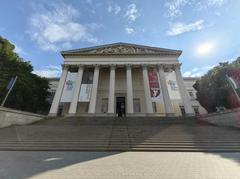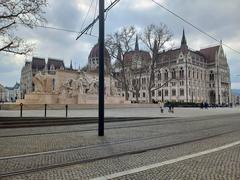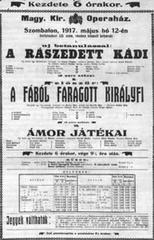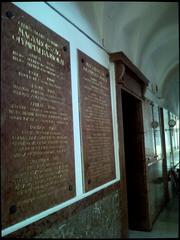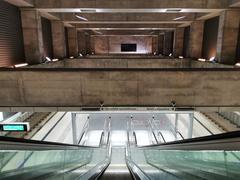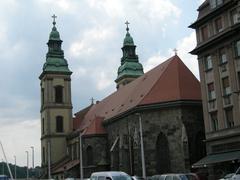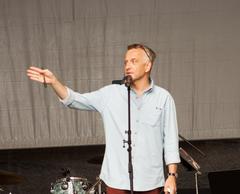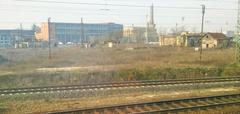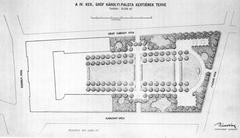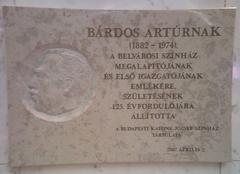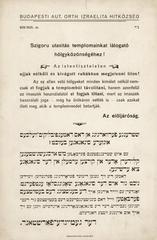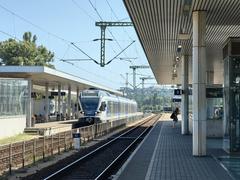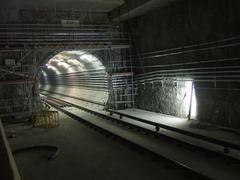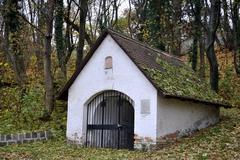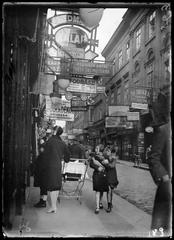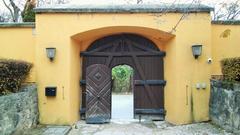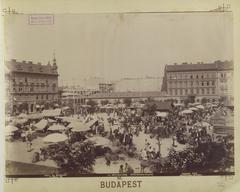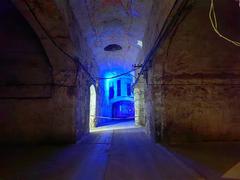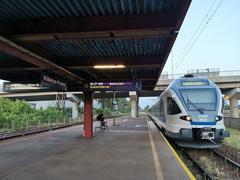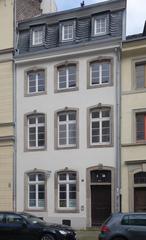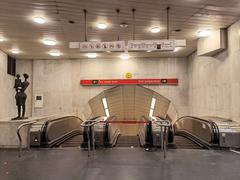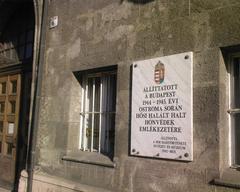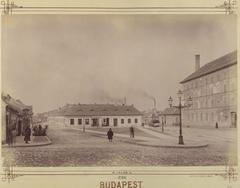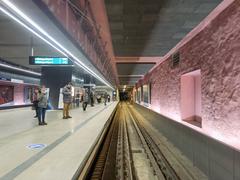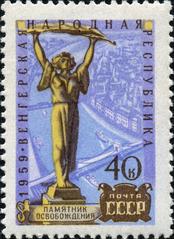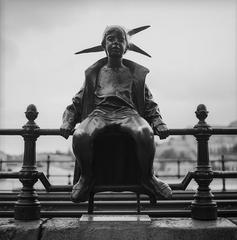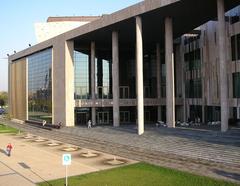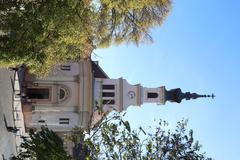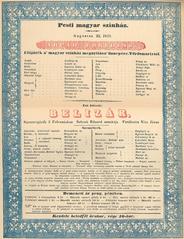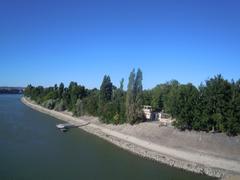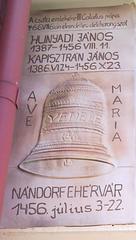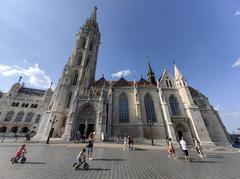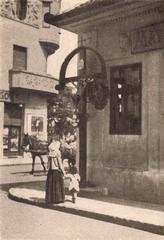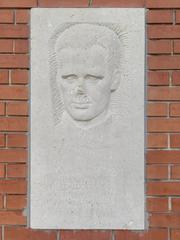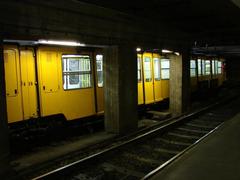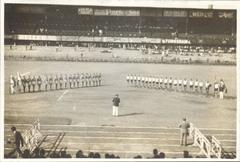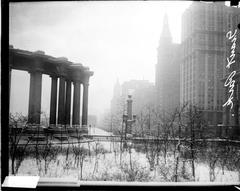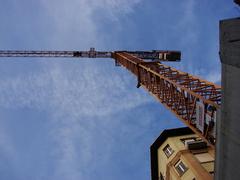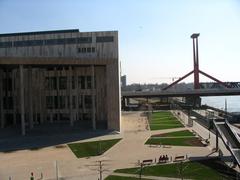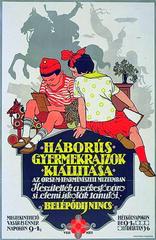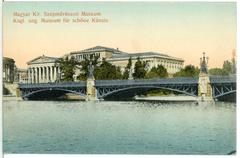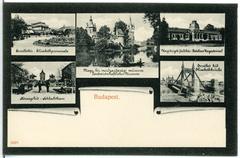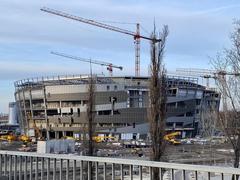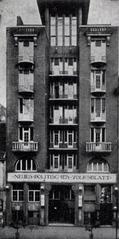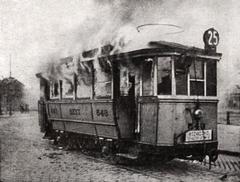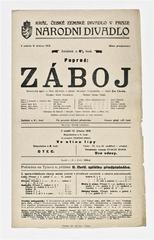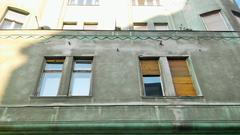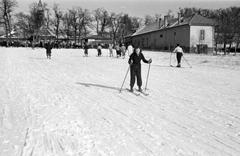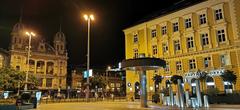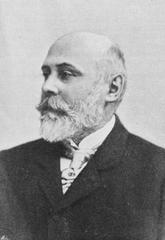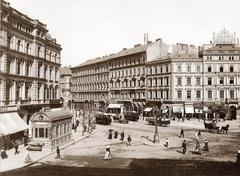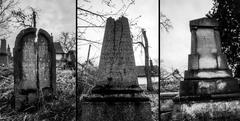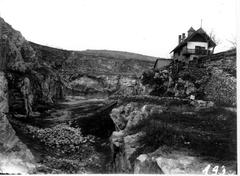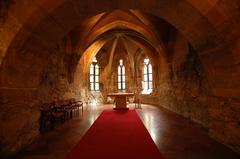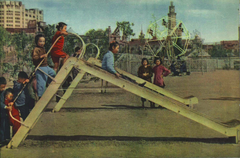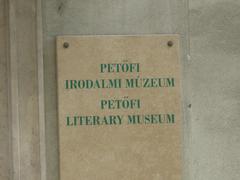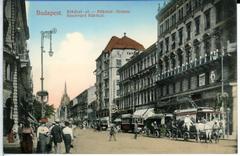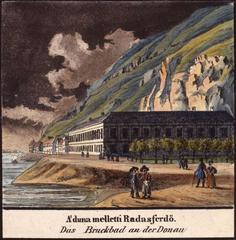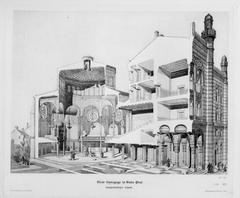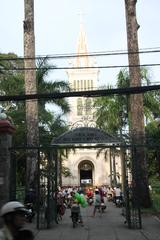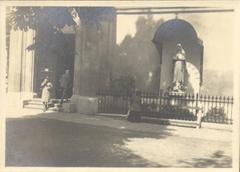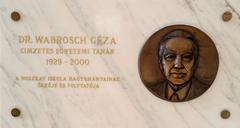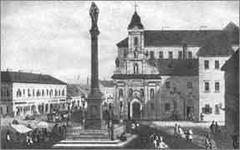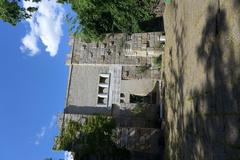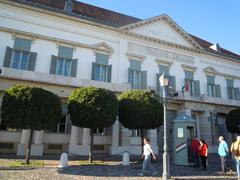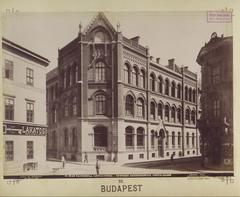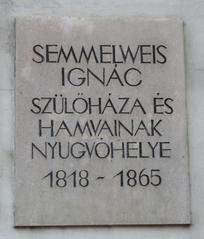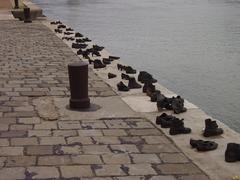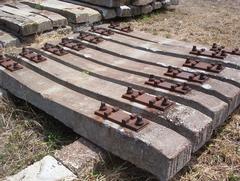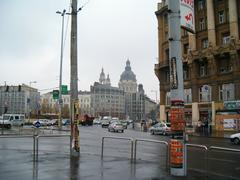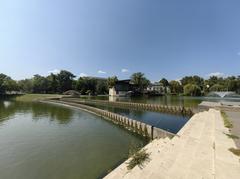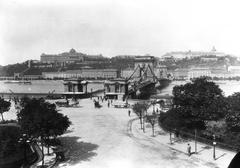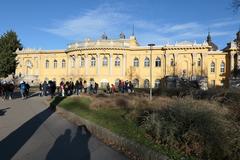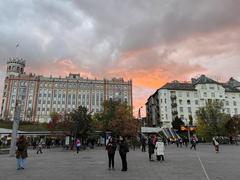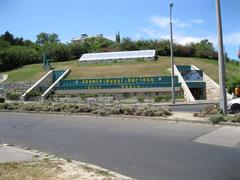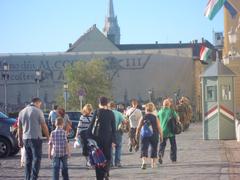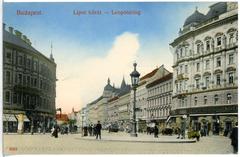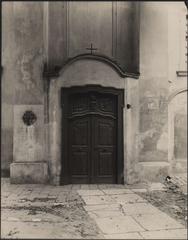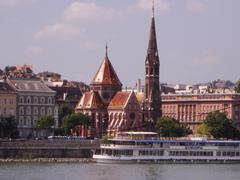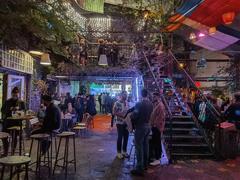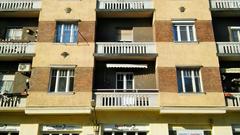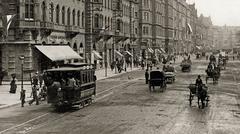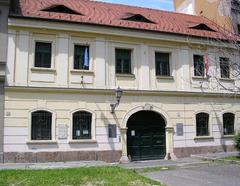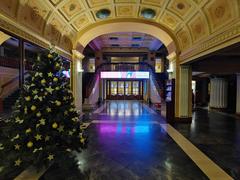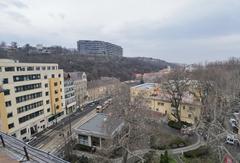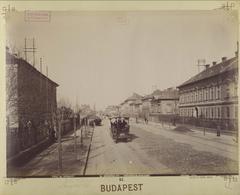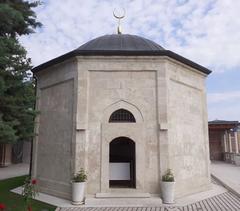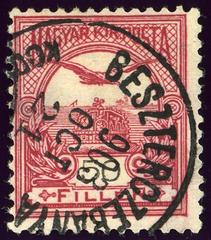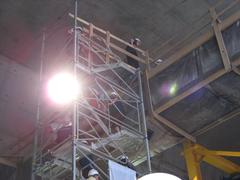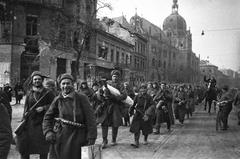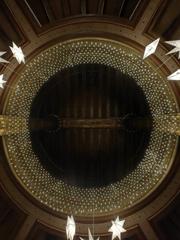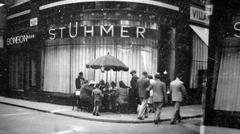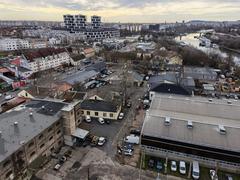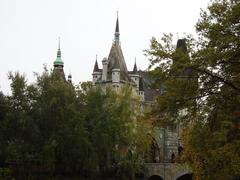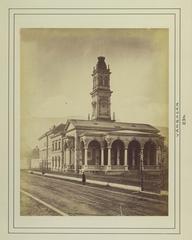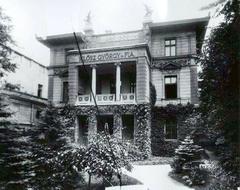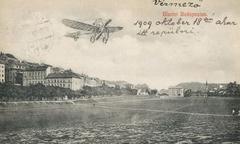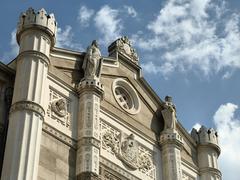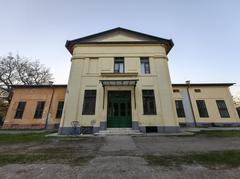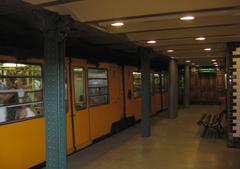Synagogue at Hunyadi Square Budapest: Visiting Hours, Tickets, and Historical Significance
Date: 04/07/2025
Introduction
Discreetly tucked within a 19th-century residential building at Hunyadi tér in Budapest’s District VI, the Hunyadi Square Synagogue (Hunyadi téri zsinagóga) offers a unique and intimate lens into the city’s Jewish heritage. Established in 1896 during Hungary’s millennial celebrations, the synagogue is an enduring symbol of the Neolog movement—a progressive Jewish current that sought a balance between tradition and integration into Hungarian society. Unlike the imposing Dohány Street Synagogue, Hunyadi Square’s “apartment synagogue” format reflects both historical necessity and the realities of urban life at the turn of the 20th century. Today, it remains a living center for worship, culture, and community, inviting visitors to experience Budapest’s rich Jewish story in a more personal setting (Offbeat Budapest; Visit Hungary).
Table of Contents
- The Origins and Establishment of Hunyadi Square Synagogue
- Architectural and Social Context
- 20th Century History and Survival
- Renovation and Contemporary Significance
- The Neolog Movement: Legacy and Influence
- Visiting the Synagogue: Hours, Tickets, Accessibility
- Guided Tours and Community Life
- Nearby Attractions and Practical Tips
- Dress Code and Visitor Etiquette
- Frequently Asked Questions (FAQ)
- Final Tips and Summary
- References
The Origins and Establishment of Hunyadi Square Synagogue
Founded in 1896 in the Terézváros district, the Hunyadi Square Synagogue reflects the growth and transformation of Budapest’s Jewish community, which made up over 20% of the city’s population by the early 20th century. Unlike the city’s monumental synagogues, Hunyadi Square was intentionally established within a residential tenement, a solution that allowed the Neolog Jewish community to maintain religious life discreetly as anti-Semitism and urban development pressures increased (Offbeat Budapest; Visit Hungary).
Architectural and Social Context
The synagogue is located at the intersection of Vörösmarty utca and Csengery utca, blending into the surrounding residential blocks—a deliberate choice reflecting the “apartment synagogue” trend of late 19th and early 20th-century Budapest. The understated exterior ensured privacy and safety, while the interior, known as “Abraham’s Tent,” was designed for community warmth and spiritual intimacy. Its modest, functional decor stands in contrast to the elaborate design of larger synagogues, embodying the practical and social needs of its founders (Jewish Heritage Europe).
20th Century History and Survival
During World War II, Budapest’s Jewish community faced catastrophic loss. While the Dohány Street Synagogue and the Jewish Quarter became the heart of the wartime ghetto, apartment synagogues such as Hunyadi Square provided crucial, if understated, spaces for worship and mutual support. Despite the devastation of war and the suppressive postwar communist period, the synagogue survived—a testament to its low profile and the dedication of its congregation. In the decades that followed, it continued to serve a smaller but resilient Jewish community (Offbeat Budapest; Visit Hungary).
Renovation and Contemporary Significance
Recent years have seen renewed efforts to renovate and preserve the synagogue, particularly with the 2017 refurbishment of the prayer hall and communal spaces. These improvements reflect broader initiatives to revitalize Jewish heritage sites across Budapest. Today, the synagogue is an active religious and cultural hub, hosting Shabbat and holiday services, educational programs, and community events. Its continued use underscores the enduring vibrancy of Budapest’s Jewish population (Visit Hungary).
The Neolog Movement: Legacy and Influence
The Hunyadi Square Synagogue is rooted in the Neolog tradition, a Hungarian branch of Judaism advocating religious reform and integration into national life. Neolog synagogues were known for their openness to modernity—using Hungarian in services, introducing choirs and organs, and adapting architectural styles to suit urban settings. While less grand than the city’s main temples, Hunyadi Square’s continued activity demonstrates the movement’s adaptability and enduring relevance (Offbeat Budapest).
Visiting the Synagogue: Hours, Tickets, Accessibility
Visiting Hours (as of July 2025):
- Weekdays: 10:00 AM – 4:00 PM
- Fridays: 10:00 AM – 2:00 PM (early closure for Shabbat)
- Saturdays: Closed (Shabbat)
- Sundays: 10:00 AM – 4:00 PM
Hours may vary during Jewish holidays, special events, or restoration. For up-to-date information, consult the synagogue’s official website or contact the Budapest Jewish community office.
Tickets & Admission:
- Entry is generally free for worshippers and local visitors.
- Tourists are encouraged to leave a donation or may be charged a modest fee (typically 500-1000 HUF).
- Guided tours have separate fees and should be booked in advance.
Accessibility:
- The synagogue is partially accessible; as it is in an older building, there may be barriers for wheelchairs or those with limited mobility. Contact the synagogue to arrange accommodations in advance.
Guided Tours and Community Life
Guided tours are available by prior arrangement and usually last 30–60 minutes. Tours are offered in Hungarian and English, with additional languages upon request. Educational programs, concerts, and cultural events are held throughout the year, especially during the annual Jewish Cultural Festival (Budapest Jewish Cultural Festival).
Visitors can learn about the synagogue’s history, architecture, and the role it continues to play in Budapest’s Jewish community. For group visits or to join a special event, booking in advance is highly recommended.
Nearby Attractions and Practical Tips
- Hunyadi Market: Just next door, this lively market offers fresh produce and local specialties—especially vibrant on Saturdays (Live the World; Spotted by Locals).
- Andrássy Avenue: A UNESCO-listed boulevard nearby, ideal for a stroll among architectural landmarks.
- Liszt Ferenc Square: Known for its cafés and musical heritage.
- Access: Metro M1 (Oktogon or Vörösmarty utca stations), Tram 4/6 (Oktogon stop), and multiple buses serve the area.
Parking is limited; public transport or bike rentals (Bubi bikes) are recommended.
Dress Code and Visitor Etiquette
- Shoulders and knees must be covered.
- Men should wear a kippah (provided at entrance).
- Women should avoid sleeveless tops and short skirts; scarves are advisable.
- Modest, comfortable shoes are recommended.
- Photography is allowed with permission but not during services.
- Silence mobile devices and maintain respectful behavior at all times (Bar Crawl Budapest; Original Pub Crawls).
Frequently Asked Questions (FAQ)
Q: What are the synagogue’s visiting hours?
A: Weekdays 10:00 AM–4:00 PM, Fridays until 2:00 PM, closed Saturdays, Sundays 10:00 AM–4:00 PM. Always check with official sources for updates.
Q: Is there an entrance fee?
A: Entry is usually free, but a donation or small fee is appreciated, especially for guided tours.
Q: Can I join a guided tour?
A: Yes, by prior arrangement in Hungarian, English, and possibly other languages.
Q: Is the synagogue wheelchair accessible?
A: Accessibility is limited; contact ahead for specific arrangements.
Q: Can I take photographs?
A: Generally permitted with permission; avoid during services.
Q: Where can I buy tickets or make donations?
A: On-site, or book tours in advance through official channels.
Final Tips and Summary
The Hunyadi Square Synagogue is a living monument to Budapest’s Jewish resilience and cultural richness. Its modest setting belies its deep historical significance and ongoing community role. With accessible visiting hours, modest ticketing, and insightful guided tours, it offers a rewarding and respectful experience for visitors. The surrounding Terézváros neighborhood, with its vibrant market, cafés, and historic streets, further enriches any visit.
For the most current visitor information, consult official resources or local community contacts. Consider using mobile apps like Audiala for self-guided tours and to stay updated on cultural events.
Engage with this hidden gem to support heritage preservation and connect with Budapest’s diverse, living Jewish history (Visit Hungary; Offbeat Budapest; Jewish Heritage Europe).
References
- Offbeat Budapest
- Visit Hungary
- Jewish Heritage Europe
- Live the World
- Spotted by Locals
- Bar Crawl Budapest
- Original Pub Crawls
- Budapest Jewish Cultural Festival
